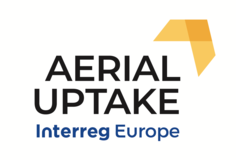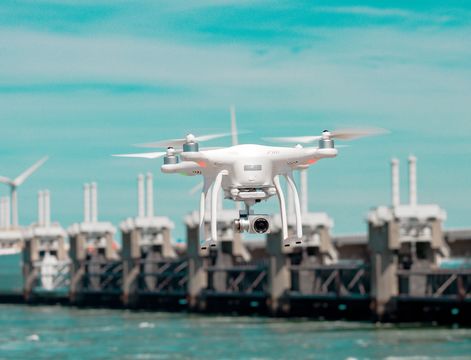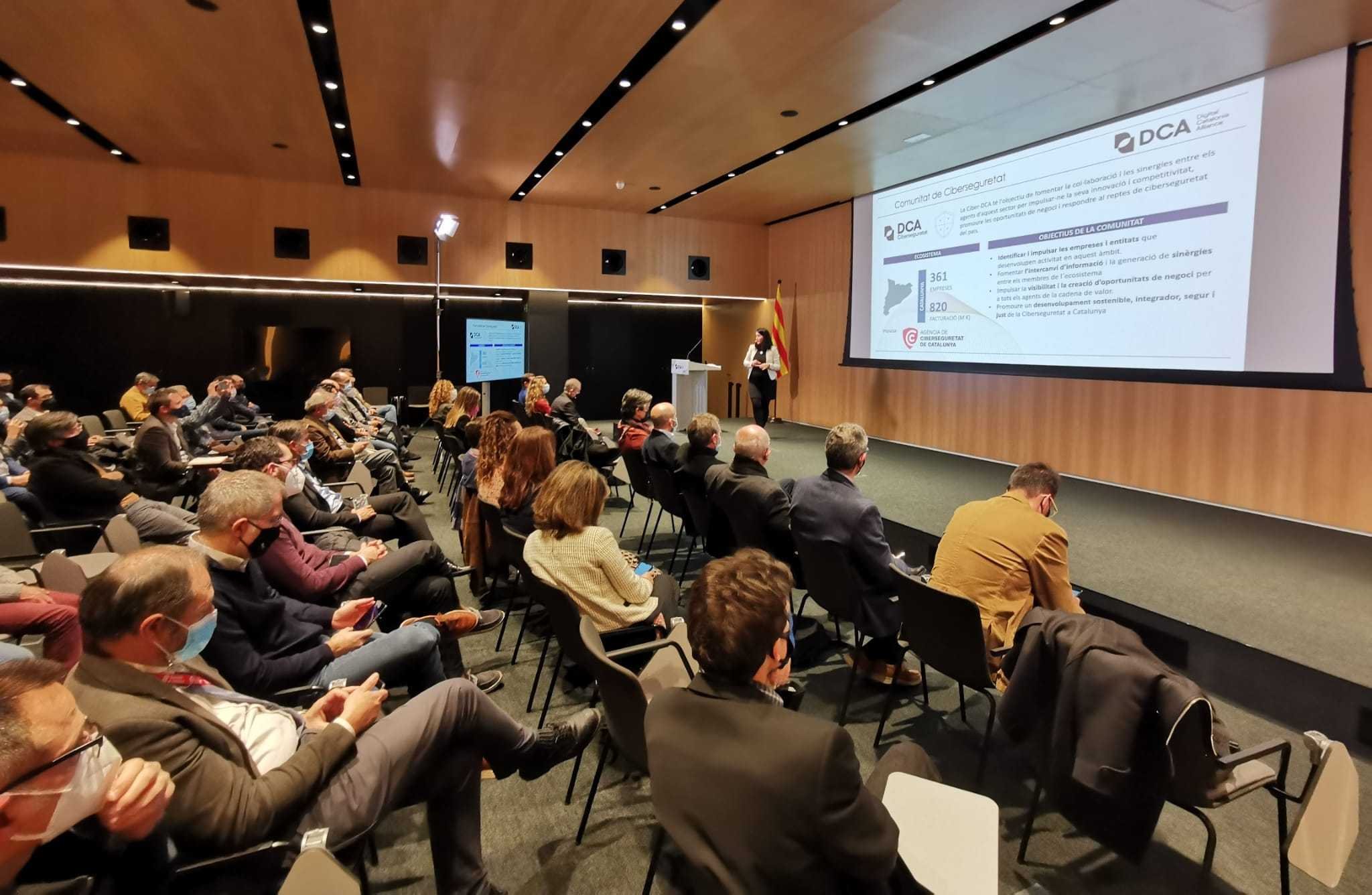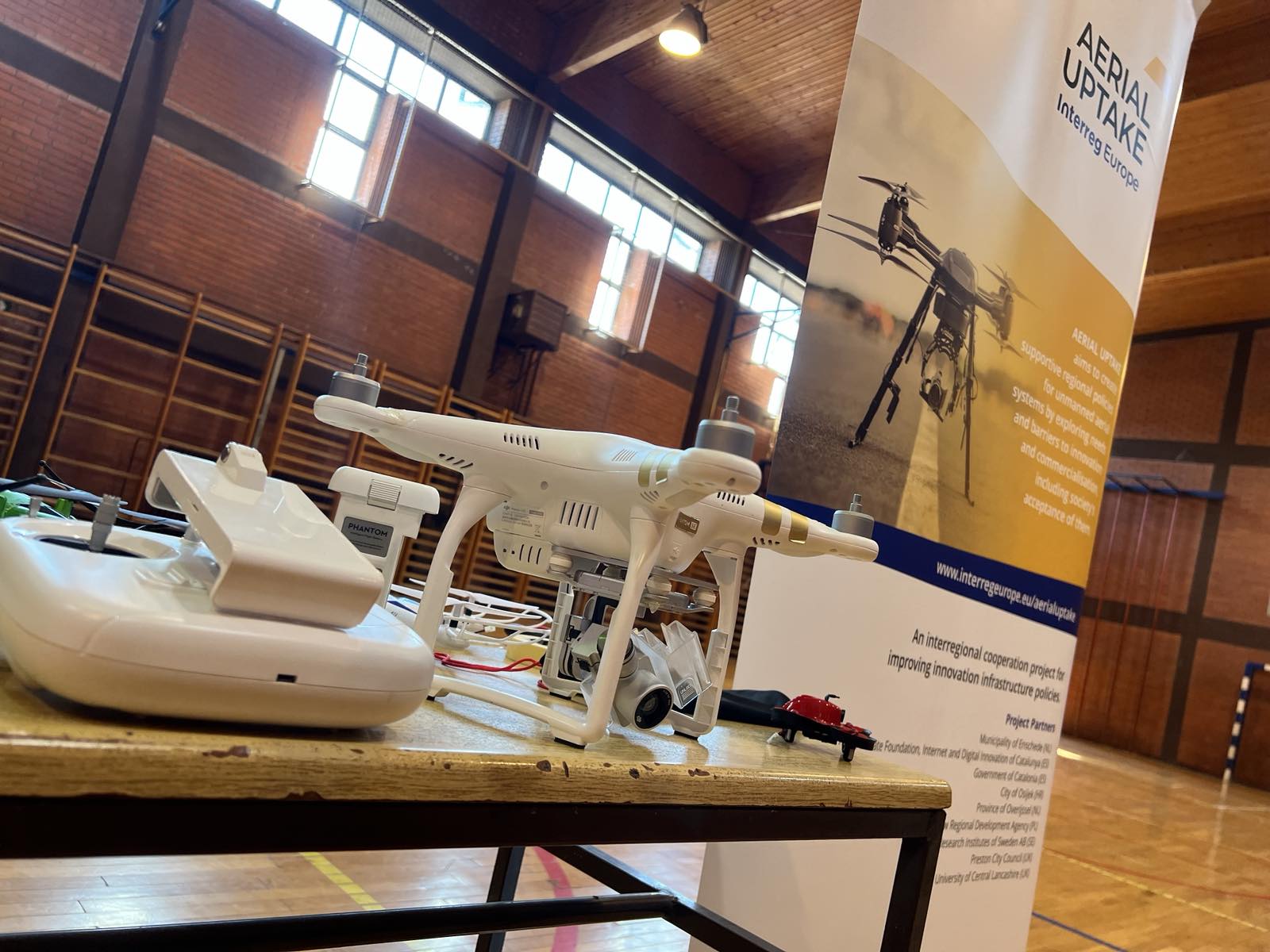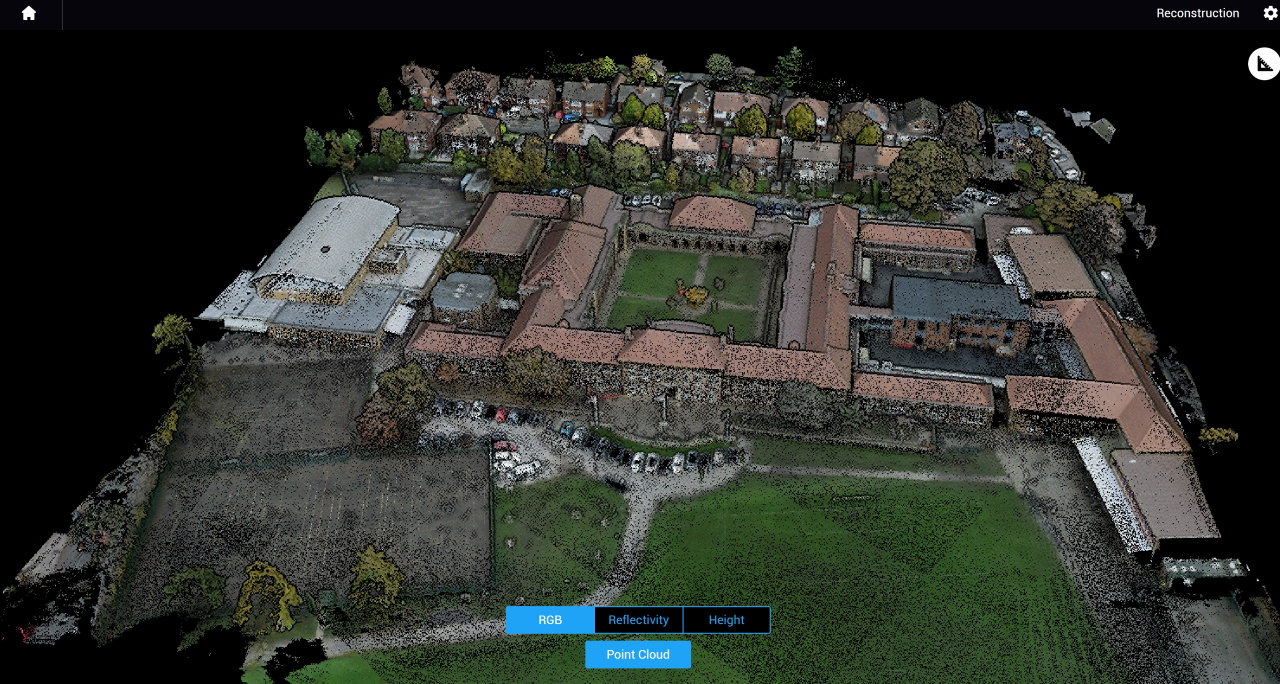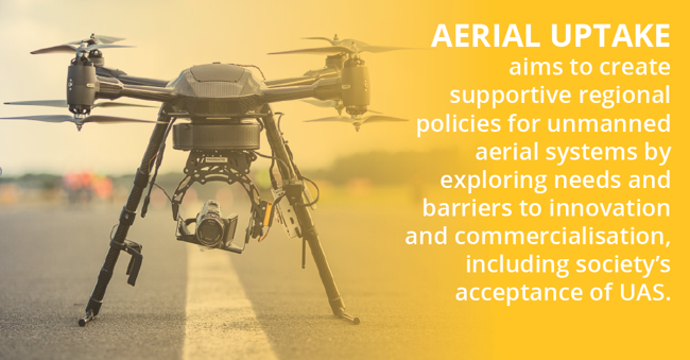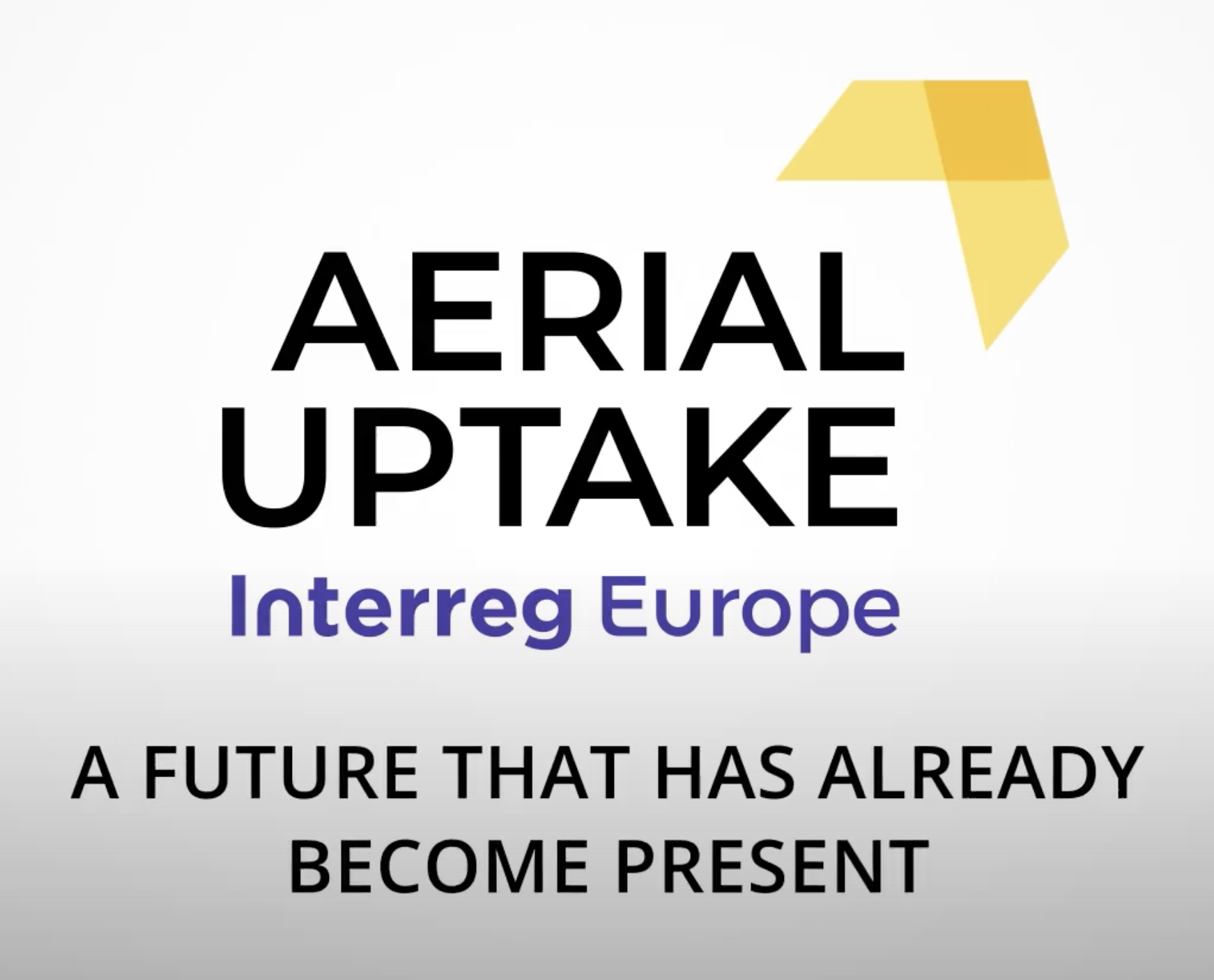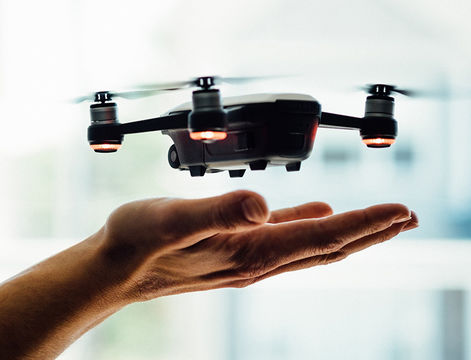In 2019, six European regions have formed the Aerial Uptake partnership to bring together local / regional public authorities and key players of the UAS (unmanned aerial system also referred as drone) sector. In the past 2,5 years, they exchanged and transferred knowledge to unleash the potentials of UAS technology for civil and commercial usages. Besides exploring and addressing the key needs and bottlenecks of innovation and commercialisation of UAS, partners investigated tailored solutions for increasing societal acceptance by enhancing and articulating positive social impacts of drone technology. To conclude their work, the partner regions prepared action plans to introduce policy changes leading to a more innovative European community. In the below sections, you can find insights into the plans developed by the Aerial Uptake partners.
In the Netherlands, the city of Enschede and the province of Overijssel worked together to influence local policies by building on the knowledge gained during the project implementation. As the first action, they introduced ethical, legal and social considerations of drone innovation to the governance of ERDF OP-Oost. The goal of this addition to the policy instrument is to ensure that future projects featuring drone innovations will be invited to look at how the innovations are ethical, legal and socially acceptable, rather than just technically feasible. The Dutch colleagues also plan to set up a new project funded by ERDF Interreg-A for cross border best practice exchange on public drone usage.
In the Catalonia Region, complex interventions are introduced to foster the cooperation amongst the local drone actors. A new project is created with the title of Digital Catalonia Alliance. It aims to improve operational efficiency among the technological communities created under the SmartCatalonia strategy and at the same time promote the clustering, incubation and acceleration of emerging digital sectors with a presence in the territory. In addition, another project will improve and increase the use of the drone test facilities by the users of this technology, in both public and private sectors.
Our partners from the city of Osijek (Croatia) channelled the project learnings into two actions to make the city better functioning and more prepared for the innovative solutions offered by the drone industry. First, they will start using drones for traffic monitoring and management within the city. By doing so, traffic jams will be resolved faster, and the usage of public transport services will be monitored more efficiently. With the second action called Drone Wizards, Osijek introduces summer and spring Drone school trainings for senior primary and all secondary school children to popularise and promote UAS technologies. With this action, the city takes important steps to prepare young generations and educate them on how to use, implement and innovate new technologies.
In the Polish Rzeszów region, two projects are planned from the regional ERDF funds to improve the innovation capacity of drone actors. The first project aims at increasing competitiveness of drone companies by implementing a new product used in the construction of drones. The second project supports the development of the potential of the Silesian Aviation Cluster by expanding its innovative product and service portfolio.
The Lancashire region (UK) planned 3 actions to further boost its already blooming regional drone section. To provide a proper framework for the regional cooperation, UK partners will establish a re-focused Steering Group to support cluster development. In addition, two projects also support the uptake of innovative drone technologies by local authorities and the increase of the number of businesses in the region bringing new drone technologies and services to market.
For more details and insights, you can find the finalised action plans on the Aerial Uptake project website.
